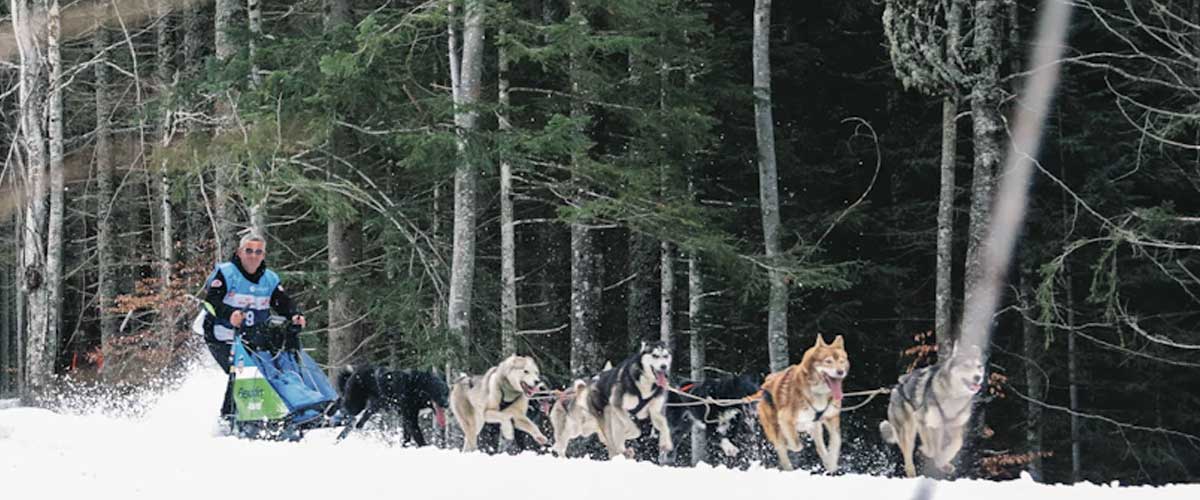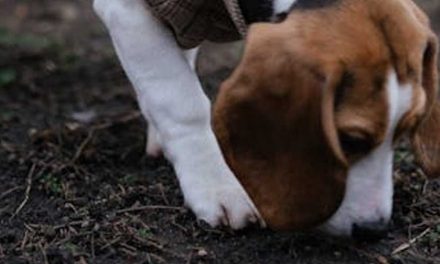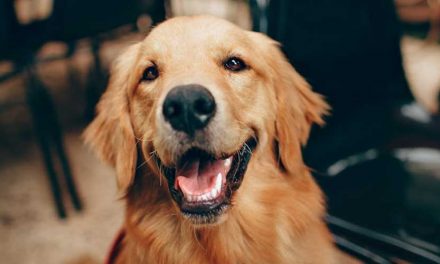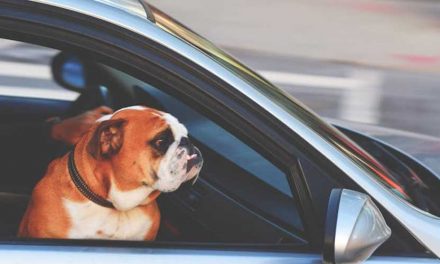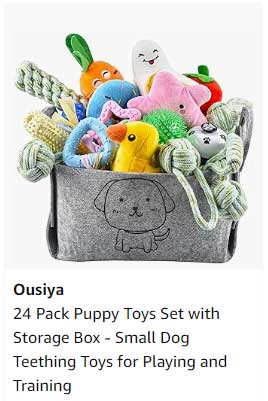Dogs have long been known as mankind’s best friend, but their roles throughout history have evolved dramatically.
From loyal hunting companions to indispensable helpers in myriad fields, the story of dogs is one of adaptation, companionship, and service.
This blog will explore the surprising careers of dogs across time, shedding light on their versatility and the unique relationships they’ve formed with humans.
Early Companions: Hunters and Guardians
Archaeological evidence suggests that dogs were domesticated around 14,000 to 17,000 years ago. Initially, they were employed primarily as hunting companions.
Ancient tribes relied on dogs to assist in tracking and capturing game, making them invaluable allies in securing food.
Breeds like the Greyhound and the Basenji were developed for their unique hunting skills, showcasing the early specialization of dogs based on their roles.
In addition to hunting, dogs served as guardians.
Their acute senses allowed them to alert humans to potential dangers, whether from wild animals or rival tribes.
This protective nature not only earned them a place in human communities but also highlighted the bond that was forming between species.
From the Field to the Farm: The Working Dog
Revolution As societies transitioned from nomadic lifestyles to agriculture, the roles of dogs adjusted accordingly.
Farmers found that dogs could help herd livestock, protect crops, and guard the homestead.
Breeds such as the Border Collie and German Shepherd were bred for their herding and protective instincts.
These dogs became essential workers on farms, helping to manage flocks of sheep and cattle.
Simultaneously, dogs continued to serve in a variety of roles.
They became companions to farmers and their families, showcasing a dual role as both a working animal and a beloved pet.
This multifaceted relationship helped solidify dogs’ place within human societies.
Companions in Exploration: The Discovery of New Roles
During times of exploration, particularly during the Age of Discovery, dogs were indispensable.
They aided explorers by pulling sleds in harsh climates, such as the Arctic regions, and served as trackers during voyages into uncharted territories.
The Newfoundland dog, known for its swimming ability, was vital in maritime rescue operations, showcasing yet another talent that made this breed invaluable.
As civilizations advanced, the roles of dogs expanded further.
They became companions in urban settings and were often seen accompanying hunters in their leisure activities.
This shift marked the beginning of a new era where the relationship between dogs and humans became more personal and less utilitarian.
Heroes in Times of Crisis: Dogs in Service
Throughout history, dogs have also served in roles beyond the domestic sphere, particularly in times of crisis.
Their incredible sense of smell and loyalty have made them essential partners in search and rescue operations, particularly during disasters such as earthquakes or avalanches.
Breeds like the Saint Bernard have famously assisted in rescue missions in the Swiss Alps, showcasing their life-saving abilities.
World War I and II saw the advent of service dogs on a grand scale.
From messenger dogs to therapy dogs, these four-legged heroes provided companionship and invaluable support to soldiers, helping alleviate the horrors of war.
Modern-Day Roles: Beyond Companionship
Today, the roles of dogs continue to evolve, with many serving as therapy animals, emotional support companions, and service animals for individuals with disabilities.
Their ability to provide comfort and support has been broadly recognized in various fields, including mental health and rehabilitation.
In addition, dogs are employed in law enforcement and military settings.
K9 units are trained to detect drugs, explosives, and even to apprehend suspects.
Their capabilities and training demonstrate the incredible potential that dogs have in assisting humans in professional capacities.
Conclusion: A Journey of Partnership
From hunters to helpers, the journey of dogs throughout history is a testament to their adaptability and the profound bond they share with humans.
Whether assisting in agriculture, serving valiantly in times of war, or providing companionship and support in our daily lives, dogs have shown time and again that they are much more than pets; they are partners, heroes, and family members.
As we continue to explore and expand the roles of dogs in our society, it is clear that their legacy as our helpers will endure for generations to come.

